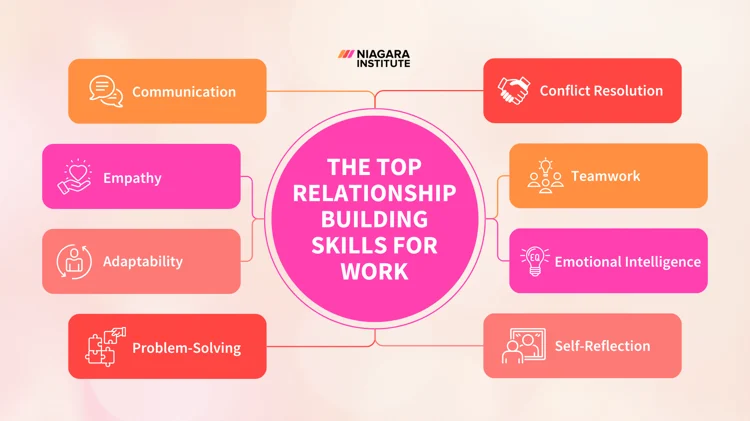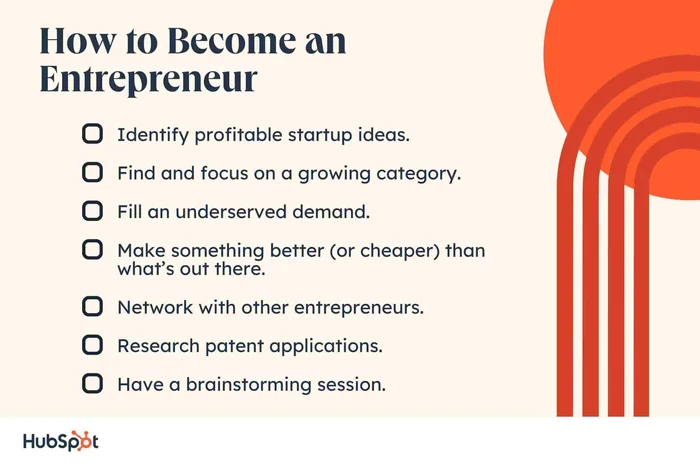In the intricate tapestry of human interaction, communication stands as the cornerstone of building and nurturing strong relationships. Whether in personal or professional realms, effective communication fosters understanding, trust, and connection. However, mastering this skill requires conscious effort and continual refinement. Here are some valuable communication tips to enhance your relationships and forge deeper connections.
1. Listen Actively, Speak Intentionally
Active listening forms the bedrock of meaningful communication. Instead of merely waiting for your turn to speak, engage fully with the speaker’s words. Maintain eye contact, nod in affirmation, and offer verbal cues to demonstrate your attentiveness. By empathizing with their perspective and acknowledging their emotions, you validate their experience and cultivate mutual respect.
2. Cultivate Empathy
Empathy serves as a bridge that connects hearts and minds. Put yourself in the other person’s shoes, striving to understand their thoughts, feelings, and concerns. Avoid jumping to conclusions or making assumptions, and instead, seek clarification when in doubt. By demonstrating empathy, you create a safe and supportive environment where individuals feel heard and valued.
3. Practice Assertiveness, Not Aggressiveness
Assertiveness empowers you to express your needs, opinions, and boundaries assertively yet respectfully. Avoid resorting to aggression or passive-aggression, which can breed resentment and discord. Clearly articulate your thoughts and feelings using “I” statements, focusing on constructive dialogue rather than blame or criticism. By fostering open and honest communication, you cultivate mutual understanding and cooperation.
4. Foster Open Communication
Transparency and honesty are the cornerstones of open communication. Encourage an environment where individuals feel comfortable expressing themselves without fear of judgment or reprisal. Welcome feedback graciously, viewing it as an opportunity for growth and improvement. By fostering a culture of open communication, you foster trust and strengthen the foundation of your relationships.
5. Be Mindful of Nonverbal Cues
Communication extends beyond words to encompass nonverbal cues such as facial expressions, body language, and tone of voice. Pay attention to these subtle signals, as they often convey emotions and intentions more accurately than words alone. Maintain open body language, avoid defensive postures, and modulate your tone to reflect sincerity and empathy.
6. Practice Patience and Understanding
Patience is a virtue that paves the way for meaningful communication. Avoid interrupting or rushing the conversation, allowing each person ample time to express themselves fully. Cultivate understanding by seeking clarification and asking open-ended questions. Embrace silence as a tool for reflection and processing, allowing space for deeper insights to emerge.
7. Resolve Conflicts Constructively
Conflict is an inevitable aspect of any relationship, but it need not be destructive. Approach conflicts with a spirit of collaboration and mutual respect, focusing on finding common ground and reaching a resolution that satisfies both parties. Practice active listening, empathy, and assertiveness to navigate disagreements effectively. By addressing conflicts constructively, you strengthen trust and deepen your connection with others.
Conclusion
Effective communication lies at the heart of building strong and enduring relationships. By practicing active listening, empathy, assertiveness, and open communication, you create a nurturing environment where trust, respect, and understanding flourish. Cultivate patience, mindfulness, and constructive conflict resolution skills to navigate the complexities of human interaction with grace and empathy. As you incorporate these communication tips into your daily interactions, you’ll foster deeper connections and enrich the fabric of your relationships.




